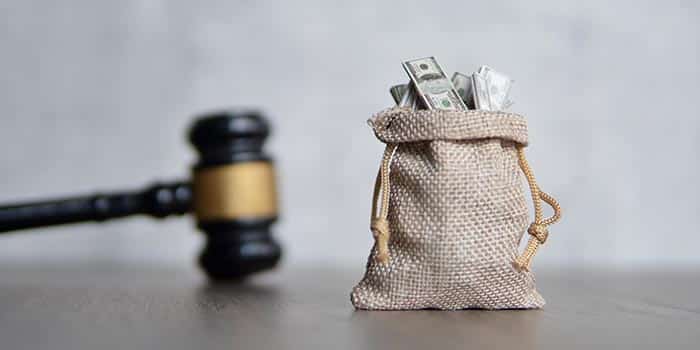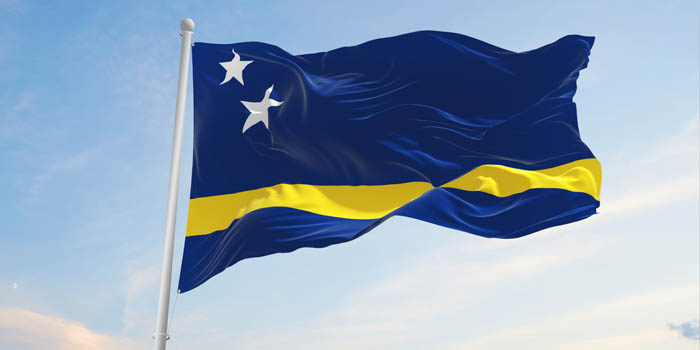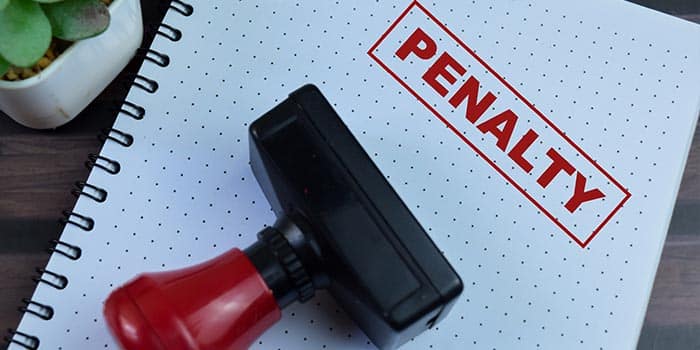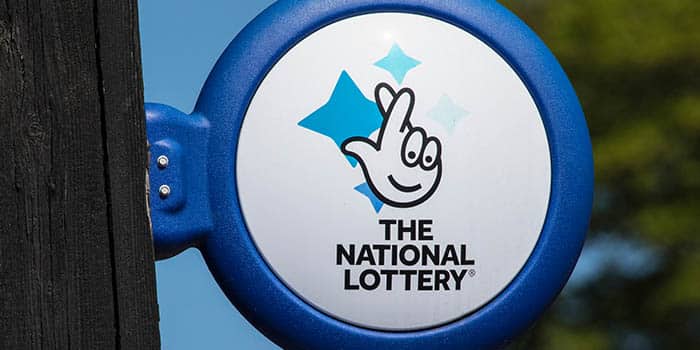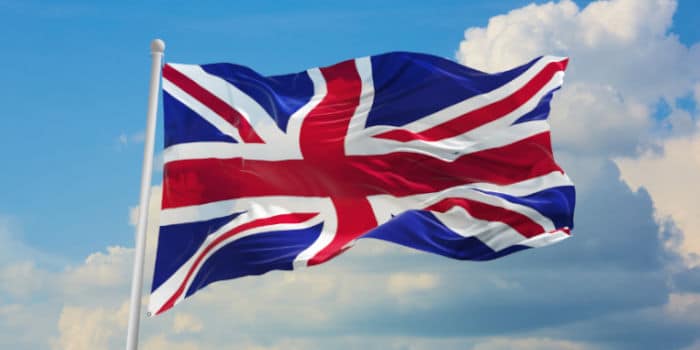- Casino
- By State
- Alabama
- Alaska
- Arizona
- Arkansas
- California
- Colorado
- Connecticut
- Delaware
- Georgia
- Florida
- Hawaii
- Idaho
- Illinois
- Indiana
- Iowa
- Kansas
- Kentucky
- Louisiana
- Maine
- Massachusetts
- Maryland
- Michigan
- Minnesota
- Mississippi
- Missouri
- Montana
- Nebraska
- Nevada
- New Hampshire
- New Jersey
- New Mexico
- New York
- North Carolina
- North Dakota
- Ohio
- Oklahoma
- Oregon
- Pennsylvania
- Rhode Island
- South Carolina
- South Dakota
- Tennessee
- Texas
- Utah
- Vermont
- Virginia
- Washington
- West Virginia
- Wisconsin
- Wyoming
- By State
- Slots
- Poker
- Sports
- Esports
New Zealand Lawmakers Consider Tough Rules for Pokies
While problem gambling affects a small part of New Zealand's population, government officials are trying to implement restrictions to protect people from excessive or problem gambling
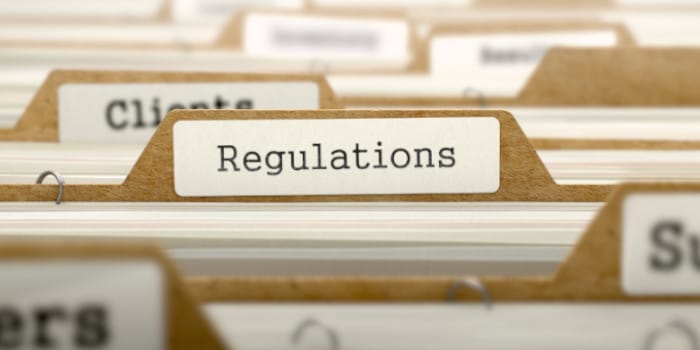
Similar to Australia, poker machines, also popular as pokies, are available in New Zealand. Such gambling devices are positioned within bars, pubs or other establishments authorized to have them. But while licensed gambling operators pay their taxes and contribute to good causes, fears about problem gambling raise concerns.
Recently, the Stuff told the story of a problem gambler called Morgan Barrett. In an ongoing spree of nearly 300 days of pokie gambling, the man lost some NZ$75,000 ($121,154), which was his entire life savings. Sadly, Barrett passed away from a heart attack on the day he spent the last of his savings.
While his story is undoubtedly tragic, it may mark the beginning of a countrywide reform in an effort to curb problem gambling and tighten the rules for businesses offering pokie machines. Jan Tinetti, the country’s Internal Affairs Minister, confirmed in a report that Barrett’s case “exposed gaps for prosecutions of pubs and clubs where harmful gambling takes place.”
However, proposed changes to the gambling regulation in New Zealand are expected to close such gaps by implementing meaningful changes. The proposals include talks with gamblers after a two-hour pokie session, as well as requiring pubs or bars that offer pokie machines to observe and record signs of problem gambling.
Additional restrictions call for mandatory spending limits, as well as making the pokie machines “less appealing” and reducing the jackpots. Breaches under the proposed changes would be punished via spot fines of NZ$1,000 ($1,615) for publicans as well as bars, while monitoring will be in the hands of gambling inspectors.
Proposed Restrictions May Be Too Much
While the changes sound strict, Andree Froude, the Problem Gambling Foundation’s communications director, suggests that more is needed to ultimately curb the rate of problem gambling. She explained: “The consequences should be much tougher.”
According to Froude, ensuring that there are no more cases like Barrett’s marks only the first step in a process that can “go a lot further.” She supported higher fines for publicans, as well as bars and their employees, to ensure the protection of gamblers and prevent excessive gambling.
“Given the Ministry of Health says 0.2% of people are problem gamblers, they are spoiling the games for 99.8% of players who are not: it’s using a sledgehammer to crack a nut.“
Peter Dengate-Thrush, chair of the Gaming Machine Association
While Froude supported further restrictions, Peter Dengate-Thrush, the Gaming Machine Association’s chair, deemed a large portion of the government’s proposals as “vague.” He showed support for some of the proposed changes but opposed the bigger part and especially the plan to make pokies “less appealing.”
Additionally, Dengate-Thrush was skeptical about the results of the efforts of the Ministry of Health against problem gambling, given that despite spending millions of dollars, the rate of problem gambling hasn’t decreased. He compared problem gambling to problem drinking, explaining that the country’s attempt to prevent excessive drinking by banning it was “catastrophic.” Finally, Dengate-Thrush criticized the scale of the proposed changes, explaining that 99.8% of gamblers enjoy the activity responsibly.
Related Topics:
Jerome brings a wealth of journalistic experience within the iGaming sector. His interest in the industry began after graduating from college, where he regularly participated in local poker tournaments. This exposure led him to the growing popularity of online poker and casino rooms. Jerome now channels all the knowledge he's accrued to fuel his passion for journalism, providing our team with the latest scoops online.
Must Read
Industry
June 30, 2025
New Zealand Presses On with iGaming Legislation
More Articles




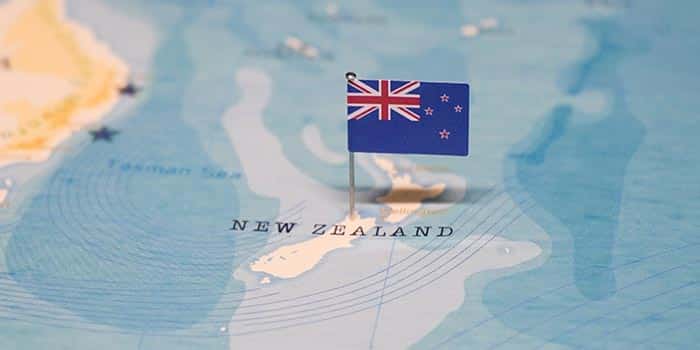
Industry
June 30, 2025
New Zealand Presses On with iGaming Legislation

Casino
June 30, 2025
Vietnam Greenlights $2B Van Don Casino Resort
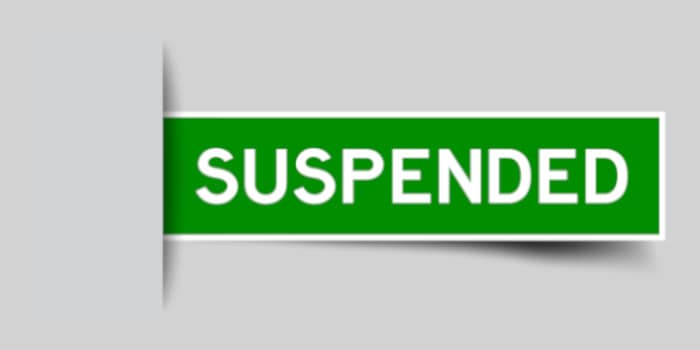
Casino
June 30, 2025
Hard Rock Executive Under Fire Due to Alleged Misdeeds
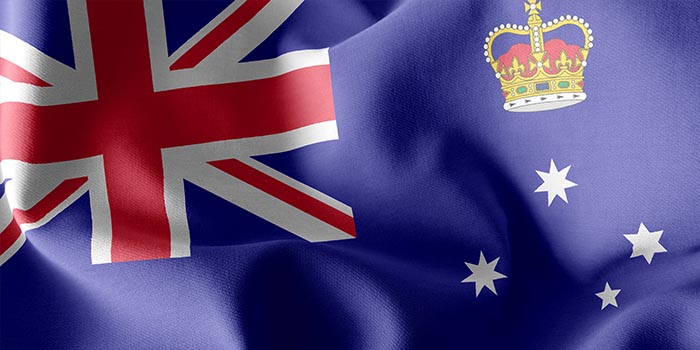
Industry
June 27, 2025
Gambling Harm Costs Victoria, Australia, Over $9B




